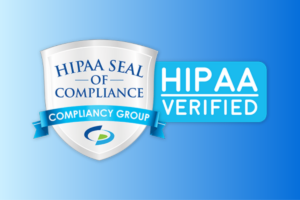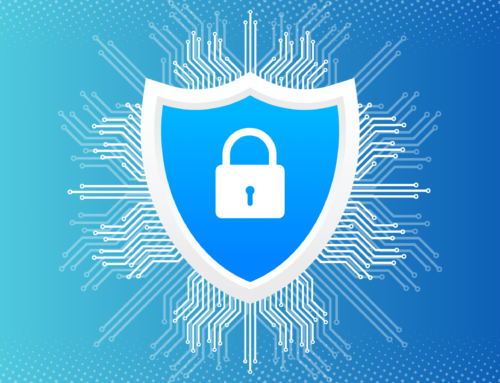On July 16, 2021, the Campbell, Conroy & O’Neil law firm published a press release revealing that they had been targeted by a PHI ransomware attack in February 2021.
Upon discovering the incident, Campbell contracted a third-party forensic firm to determine the nature and scope of the incident. The investigation determined that an unauthorized party had gained access to Campbell’s sensitive information, including protected health information (PHI). More details on the PHI ransomware attack are discussed below.
What Information Was Accessed in the PHI Ransomware Attack?
When investigating the PHI ransomware attack, it became evident that the threat actor had the potential to access sensitive information stored on Campbell’s systems, although it is unclear whether or not it was accessed. Sensitive information, including protected health information, that was potentially accessed included individuals’ names, dates of birth, driver’s license numbers / state identification numbers, financial account information, Social Security numbers, passport numbers, payment card information, medical information, health insurance information, biometric data, and/or online account credentials (i.e. usernames and passwords).
How is Campbell Responding?
In response to the PHI ransomware attack, in addition to contracting a third-party forensic firm, Campbell notified the FBI of the incident. They have also started to notify individuals that were affected by the breach.
In Campbell’s press release they stated, “As part of our ongoing commitment to the privacy of personal information in our care, we are reviewing our existing policies and procedures, and are working to implement additional safeguards to further secure our information systems. As an added precaution, we are also offering twenty-four (24) months of complimentary access to credit monitoring, fraud consultation, and identity theft restoration services to individuals whose Social Security numbers or the equivalent were accessible as a result of this event.”
How to Prevent PHI Ransomware Attacks
With the spike in PHI ransomware attacks over the last year, it is important to take steps to improve your organization’s cybersecurity.
Key factors that contribute to a healthcare organization’s overall cybersecurity posture include:
- Conducting an accurate a thorough risk assessment annually
- Implementing remediation plans to address gaps uncovered by your risk assessment
- Developing and implementing security policies and procedures
- Training employees annually on your organization’s policies and procedures, and cybersecurity best practices
- Having signed business associate agreements with vendors that have the potential to access PHI
- Having a system in place for detecting, responding to, and reporting PHI breaches
Did you know that all of the above-mentioned factors are part of implementing an effective HIPAA compliance program? This is because HIPAA compliance and cybersecurity go hand-in-hand. Protect your business by becoming HIPAA compliant today!









